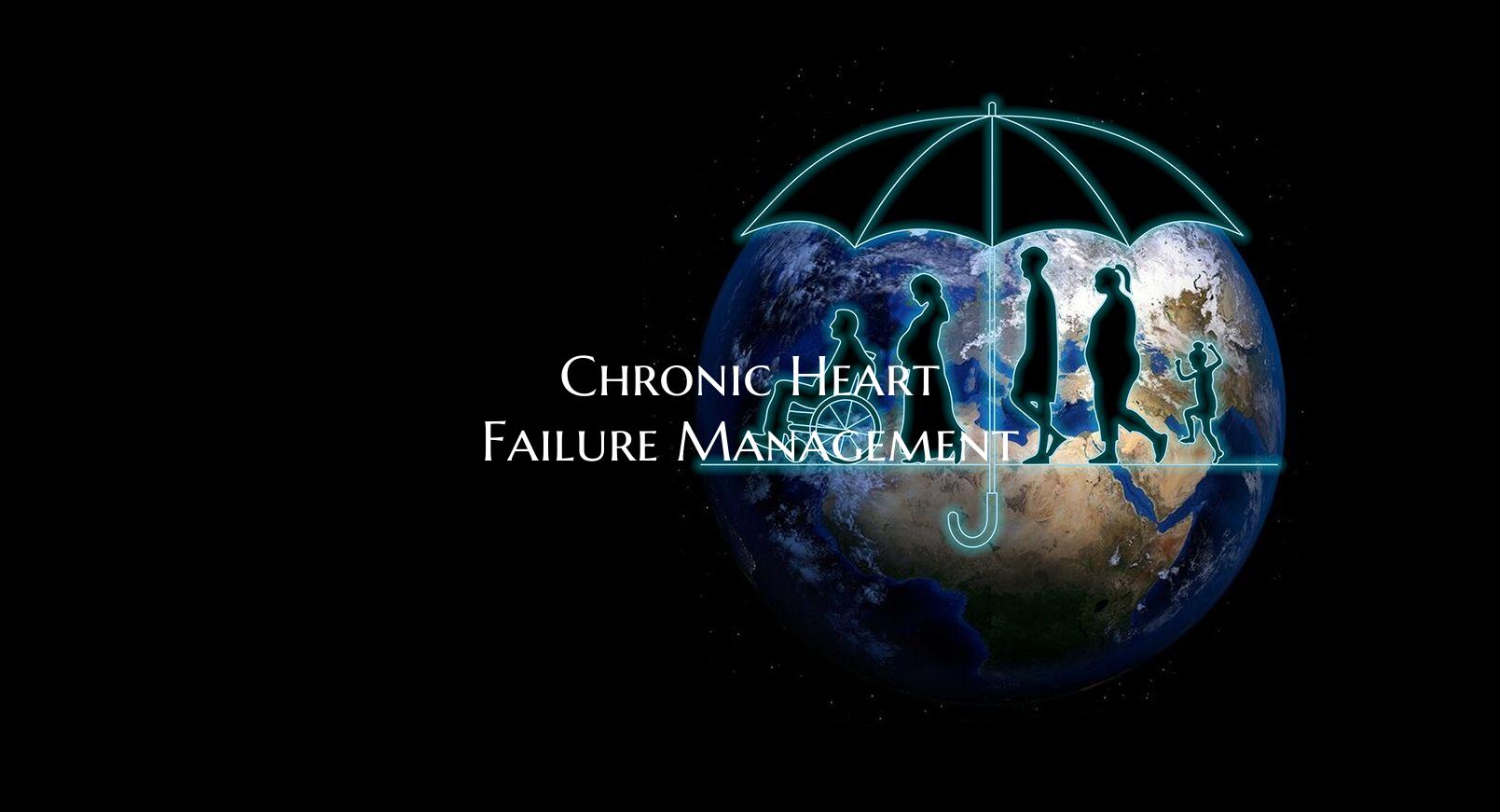
Chronic Heart Failure Management
Chronic heart failure is a serious and progressive condition that affects millions of people worldwide. Characterized by the heart's inability to pump blood efficiently, this condition can lead to various complications and significantly impact the quality of life of those affected. Effective management of chronic heart failure is essential to improve symptoms, slow disease progression, and prevent hospital admissions.
Treatment for chronic heart failure typically involves a multidisciplinary approach that may include medication therapy, lifestyle modifications, and monitoring of symptoms. Medications such as ACE inhibitors, beta-blockers, diuretics, and others help to reduce the workload on the heart, control blood pressure, and manage fluid retention. It is important for patients to take these medications as prescribed and attend regular follow-up appointments with their healthcare providers to assess their condition's progress.
Alongside medication, lifestyle changes play a crucial role in managing chronic heart failure. Patients are encouraged to follow a heart-healthy diet low in sodium and saturated fats, maintain a healthy weight, exercise regularly as tolerated, quit smoking, and limit alcohol consumption. These lifestyle modifications can help improve overall heart function, increase energy levels, and enhance quality of life.
Monitoring symptoms is a key aspect of managing chronic heart failure. Patients are advised to keep track of any changes in their symptoms, such as increased shortness of breath, swelling in the legs, rapid weight gain, or worsening fatigue. By being aware of these signs, individuals can seek prompt medical attention and prevent potential complications.
In addition to medical and lifestyle interventions, emotional support and education play a vital role in chronic heart failure management. Patients and their families should have access to resources and support groups that provide information, guidance, and encouragement to cope with the challenges of living with this condition.
In conclusion, managing chronic heart failure requires a comprehensive approach that addresses medical, lifestyle, and emotional aspects of care. By following a treatment plan, making healthy choices, monitoring symptoms, and seeking support, individuals with chronic heart failure can effectively manage their condition and lead fulfilling lives. Regular communication with healthcare providers and adherence to recommended strategies are essential for optimizing outcomes and enhancing overall well-being.